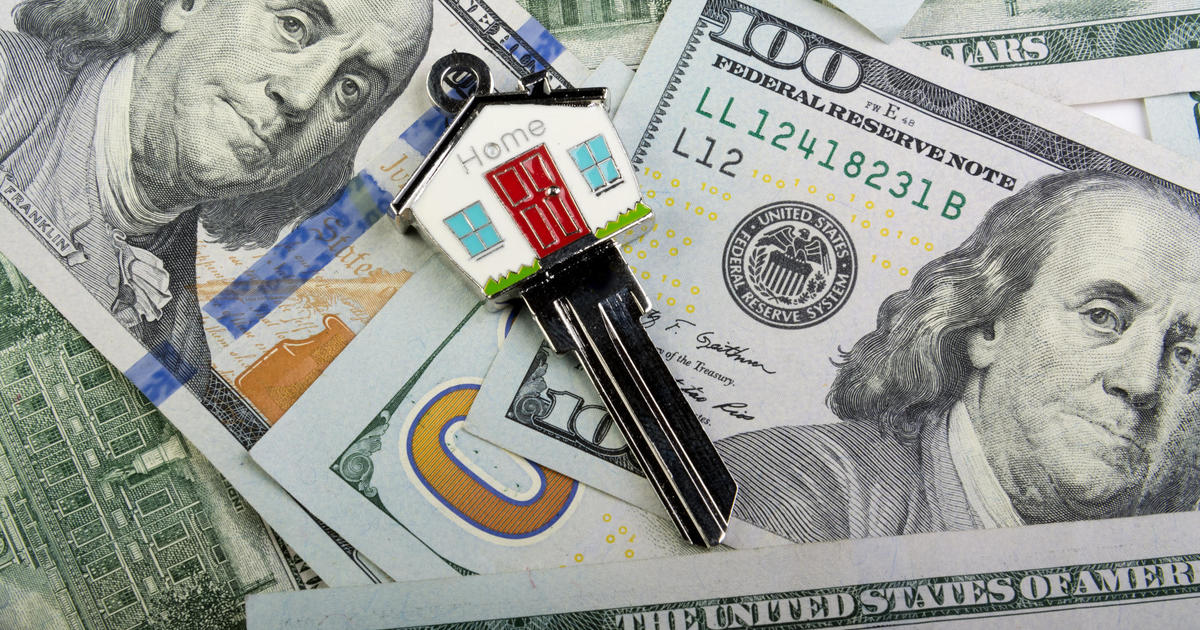It's time to redouble your cybersecurity steps
The WannaCry ransomware attack that crippled computers worldwide could result in the largest financial and economic losses ever. And it's a harsh reminder of how difficult it can be to keep your data and devices safe. Given that it's all but impossible to function without using the internet every day, any connected device and your data are always exposed to cyberthreats. They're everywhere, and you can do little to stop them.
But you can take steps to safeguard yourself. Think if them as pieces of your personal cybersecurity policy.
Of course, the first and most important thing is to create strong passwords for your devices and online accounts -- and change them often. And don't think a six-digit password will do. That's almost like having no password at all.
Hackers use password-generation tools, multiple dictionaries of English and foreign words, and linguistic patterns. Plus, they scour social media accounts for clues to your passwords. Security experts say a good hacker can break two-thirds of all passwords in existence today in a few minutes.
The strongest passwords contain at least 10-14 characters, use letters, numbers and at least one special character ( !, #, $, %, &, etc.) To create an impenetrable password that you can still remember, try this: Use a simple phrase like "Rover went to market" to create a complex and long password such as: "Rov3rWENT2Mark3t!". Experts say such a password is impossible to crack.
Here are other some tips for creating strong passwords:
- Avoid using words found in the dictionary or that you use frequently on social media.
- Never use your name, Social Security number, date of birth, family names or pet's names as part of your password.
- Create separate passwords for email accounts, financial accounts and retail shopping accounts.
- Change your passwords at least once a year.
- Store passwords in a safe place or use a secure password management tool.
Also, don't use the number pad on your smartphone or tablet to enter its password. A hacker who gets his hands on your device can tilt it and see the smudges on the glass that locate the password numbers you're using. Instead, select your device's option to use the QWERTY keyboard to enter a strong password.
Here are additional safeguards to improve your personal cybersecurity policy:
- Never click on a link or a file in an email unless you're 100 percent confident you know who sent it. Links from unknown sources can trigger the download of malicious software that can track and record your key strokes, gain access to your computer or encrypt your data like WannaCry does, making your device inaccessible.
- Never reply to requests for personal and financial information via email. Financial organizations and federal agencies such as the IRS never send email requesting you to click on a link to send them your private information.
- Use antivirus software and keep it up-to-date. High-quality antivirus software can detect existing and new versions of malicious software. A good antivirus program won't slow down your computer and will contain features such as a firewall, parental controls and optional backup protection.
- Don't use unsecured, public Wi-Fi hotspots. Someone will be able to see everything you're doing and may even be able to gain access to your connected device. Disable ad hoc networking, auto-connect and file-sharing.
- Use separate email accounts for personal and work use and for online shopping. Turn on spam filtering for all your email accounts and frequently clean out all email folders.
- Use a secure router for your home network, turn on your router's encryption -- and use a strong password to access it. Don't use any personal information when naming your network.
- Also, use a router that allows you to set up a separate guest network for others to use in your home. That will allow your guests to access the internet but prevent them from accessing computers and files connected to your secured network.




